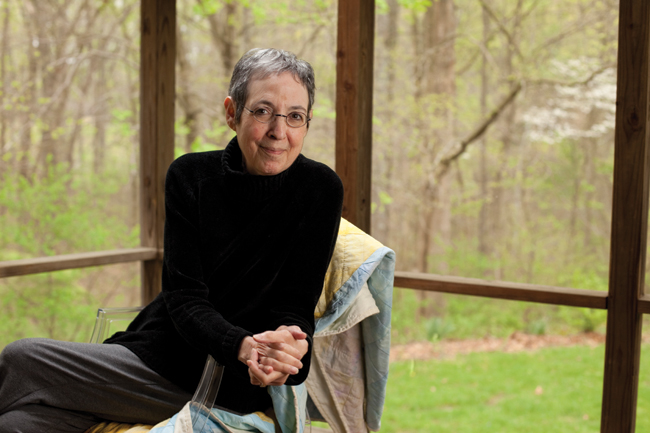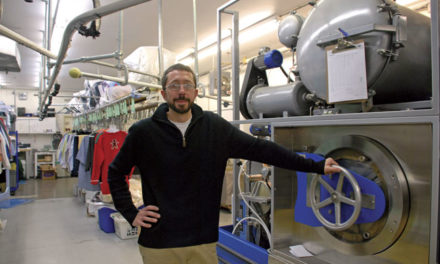BY LEE ANN SANDWEISS
Susan Gubar, feminist literary scholar and IU Ruth N. Halls and distinguished professor emerita, was shocked when doctors diagnosed her with advanced ovarian cancer in November 2008. Like many women who discover that they have the disease sometimes known as “the silent killer,” Gubar had dismissed its subtle symptoms as nothing more than indigestion.
“It is easy to sort of not register these signs—to hear them as the noise of the midlife body and not really understand what they signify,” Gubar, 67, told an NPR interviewer, following the publication of her book, Memoir of a Debulked Woman: Enduring Ovarian Cancer (Norton, 2012).
Researching her book, Gubar found that first-person accounts dealing with ovarian cancer are rare—not only because of the disease’s 70 percent mortality rate, but because of its victims’ reluctance to discuss the horrific afflictions that accompany its standard treatment: “debulking.”
Gubar’s own debulking—the surgical removal of the tumor and surrounding abdominal organs—was fraught with complications, which she fearlessly and graphically describes in her book. “Ms. Gubar deserves the highest admiration for her bravery and honesty,” wrote New York Times reviewer Rebecca Dresser, “as she bangs down yet one more door in her career— even if, sadly, it belongs to a place she had not wanted or intended to enter.”
Gubar, who joined IU’s English department in 1973, knocked down her first door with her pioneering book of feminist literary criticism, The Madwoman in the Attic, coauthored with former IU colleague Sandra M. Gilbert in 1979. She finished the manuscript of her memoir in December 2010, two years and one month after her diagnosis. “If I was not anesthetized or in post-operative pain, I wrote every day,” she says. “During the treatments [which included two rounds of chemotherapy], the writing was a lifeline that made it possible for me to comprehend what I was going through.”
Gubar says the book was also made possible through the support of her husband Donald Gray, IU President Michael McRobbie and the university administration, her medical teams at IU Medical Center in Indianapolis and IU Health Bloomington Hospital, and people in the community she has called home for 40 years.
“For me, what Bloomington offers is the intimacy of a network of caring friends in a bucolic environment that leaves me free to zone out, protect my privacy, work at what I love, and nurture a great public institution of learning that probably does not need me but that I need and whose students receive a great gift being here,” says Gubar, who is in remission. “I think that I can speak for the many undergraduate and graduate students I have taught who have prospered in the intellectually stimulating and culturally diverse community we all cultivate together here in the heart of the country. Despite what I have undergone, sometimes Bloomington does seem to me like Paradiso.”











